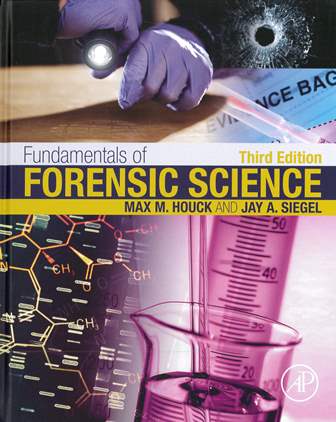書籍分類

Fundamentals of Forensic Science 3/e
作者:Max M. Houck, Jay A. Siegel
原價:NT$ 1,600
內容介紹 本書特色 目錄 作者介紹
- Description
Fundamentals of Forensic Science is a bestselling textbook that presents a complete look at the core disciplines, emphasizing biology, chemistry, and physical sciences that underpin forensic science. The third edition builds upon the success of the second edition with all updated chapters to reflect current methods, issues and topics and adding two new chapters on Ethical Issues in Forensic Science and Digital Evidence and Computer Forensics. Clear, comprehensive, and current, this edition provides a solid scientific foundation for teaching and training in forensic science. The third edition also includes material on the landmark report of the National Academy of Sciences 2009 Forensic Science report that touched upon many critical issues that face forensic science in the 21st century.


